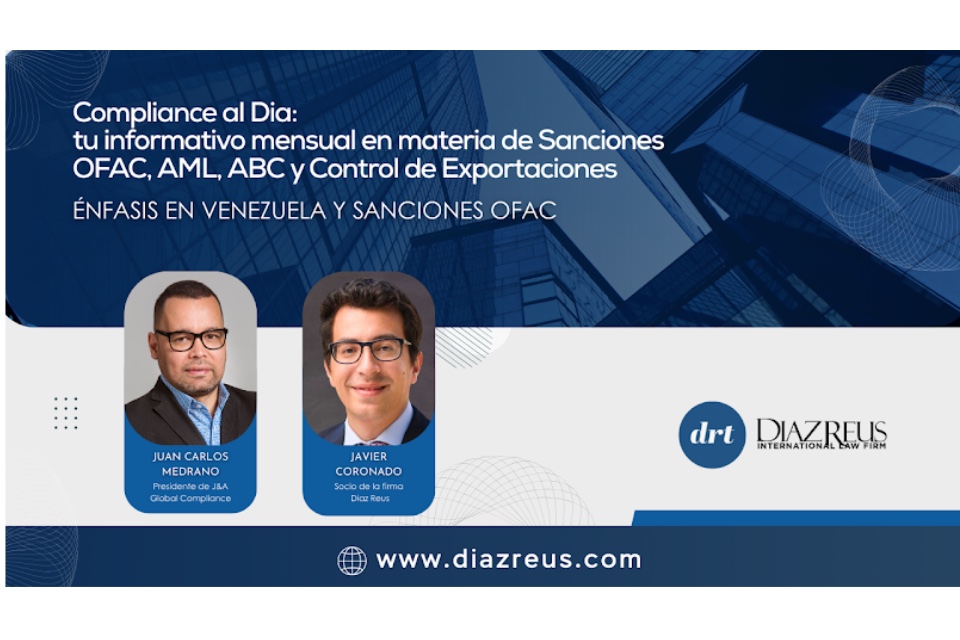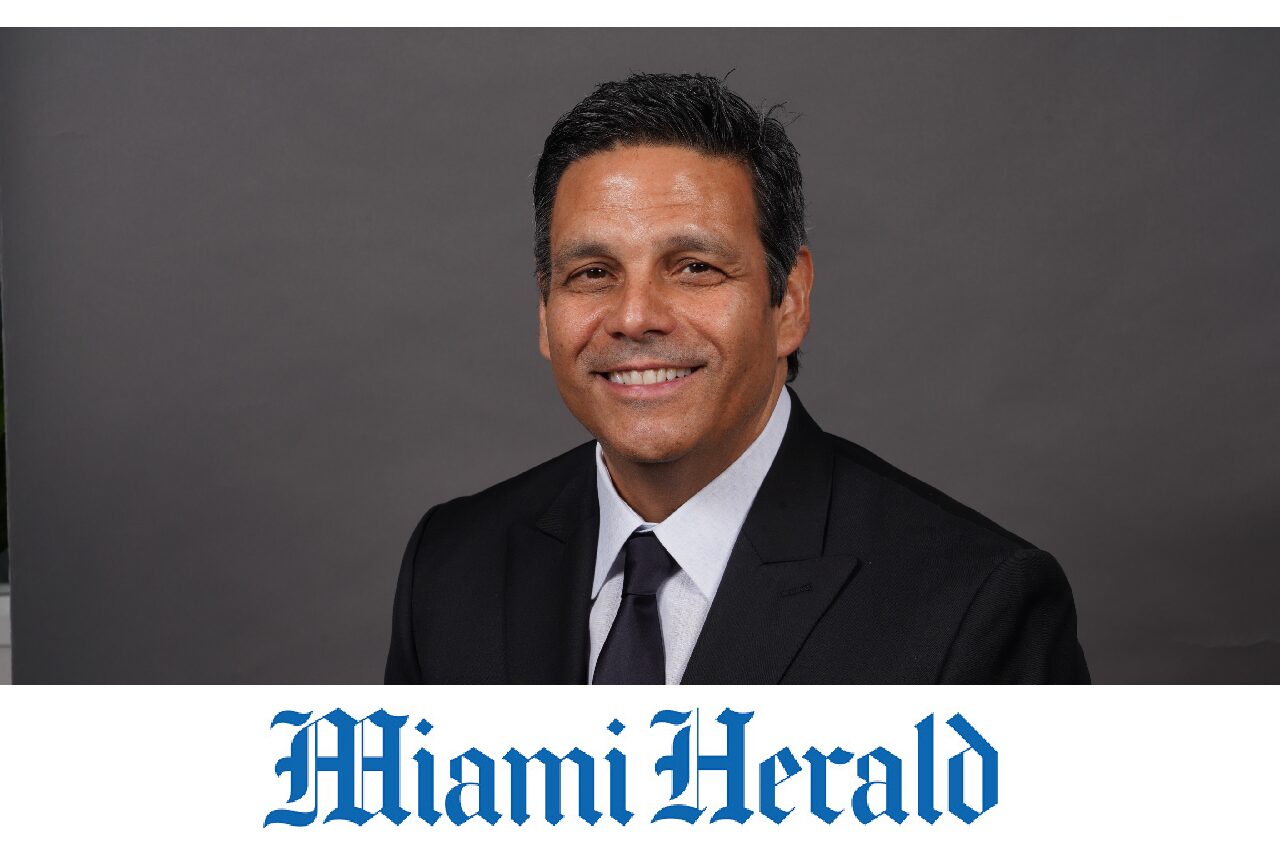Zhen Pan, associate attorney at Diaz, Reus & Targ: “There is always a need for better infrastructure, particularly in developing countries. The need has only become greater, given the Covid-19 pandemic. The B3W plan, which the United States has spearheaded as a leader of the G7, aims to mobilize private-sector capital in four areas—climate, health and health security, digital technology, and gender equity and equality. To some people, the plan appears to
be a counterproposal to China’s Belt and Road Initiative, given the heightened competition between the two nations. In fact, the two initiatives, if done properly, will complement each other and create a win-win situation to promote global welfare and sustainable development. On the one hand, China’s initiative, started in 2013, focuses on hard infrastructure, such as plants, roads, highways and harbors, which China has extensive experience in building overseas. On the other hand, the areas under B3W’s ambit more or less constitute soft infrastructure.
They are more in line with President Joe Biden’s domestic approach to strengthening child care in the United States. Thus, at least to some extent, the two initiatives do not appear to compete directly against each other. B3W also signals the efforts that the United States has undertaken to help developing countries get back on their feet in
the wake of the pandemic, while at the same time demonstrating its competitiveness in Central and South America.”
Will the G7 Counter China’s Influence With Infrastructure?














